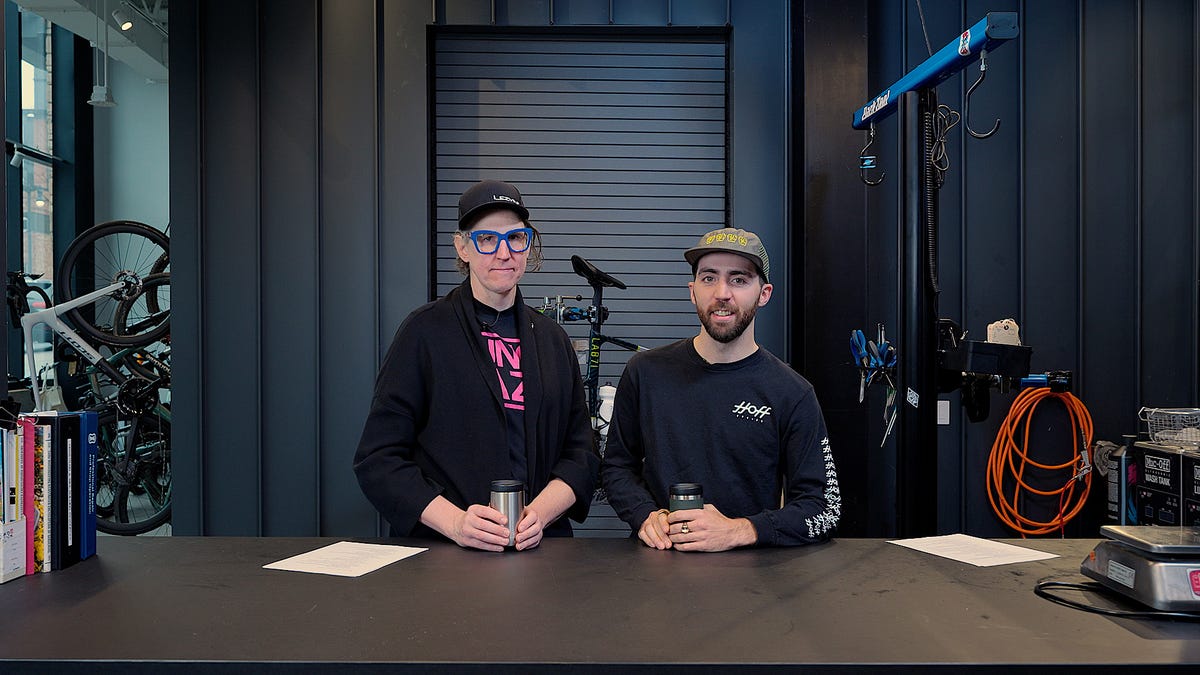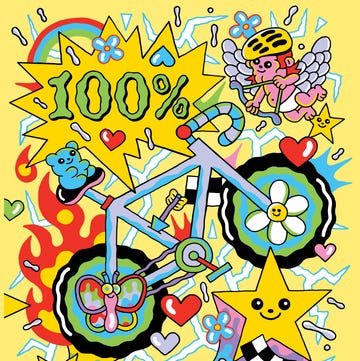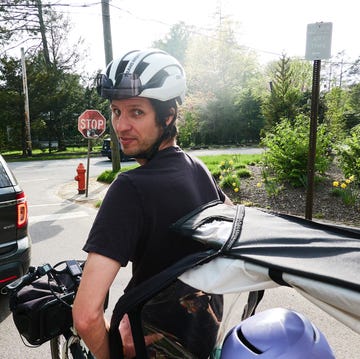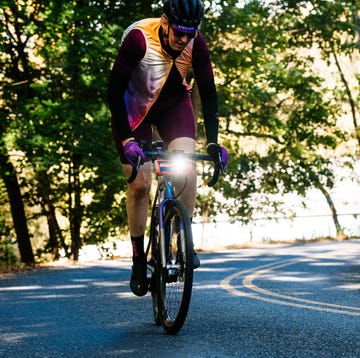Straddling My first hand-me-down Schwinn, at just 12 years old, I felt like I had the entire world in front of me. My first mile-long solo ride around my neighborhood was one of the most liberating moments of my young life—for the first time, I embraced the raw sense of freedom that we cyclists know so well, that feeling that I could blast off from my home block and never turn back.
Cycling was my greatest escape as a youngster. It was meditatfive and explorative, and I could make whatever I wanted of it. It carved out time that I could have all to myself, which was becoming sparse as my childhood waned. Riding helped me feel capable as I accomplished the silly, arbitrary goals I’d set for myself, and that pride swelled when my friends followed me on my aimless ambles through the mountains. Sure, we’d race each other up kickers and sprint for Strava segments, but we never thought we’d wasted a day if we did nothing more than spin through the hills of Appalachia.
Then I learned about junk miles.
Enticed by the idea of meeting more riders my age, I started signing up for road races. But I quickly learned that competition has a sharp edge, and it made gashes in my carefree approach to riding. The aggression other riders showed in the pack, their dedication to winning, made me feel like I was among machines—or worse, predators. I was often scolded in the peloton for cracking jokes, shunned by teammates for keeping some gas in the tank, even told to my face that I was never meant to ride bikes because I “can’t take it seriously.” And, maybe most damaging to my idea of why I loved bikes, I was told that the rides that had brought me to the sport were “junk miles”—a term for rides that don’t contribute to a training plan. To winning. To dominating.
Though I quickly became the fittest I’ve ever been, I felt weak at every race as I struggled to keep up with the fitter kids, and I became sour. I thought I was losing because I wasn’t trying hard enough. In response, I overtrained constantly, ate a scant diet, ignored injuries, and abandoned much of my social life, all in a vain attempt to go that little bit faster. I struggled to look at my bike without feeling my blood pressure spike. I thought I was wasting my potential as a cyclist, and I eventually burned out. I quit racing before it broke me.
I longed to return to my roots and relearn how to love riding, but I wasn’t initially prepared. I was still afraid of wasting my watts on junk miles, but I had also grown so restless from my embittered dormancy that the 12-year-old kid who’d sped off into his neighborhood spoke louder than the racer who’d let everyone down. That fall, my friends told me that the foliage looked especially vibrant in my hometown, and they wanted to ride to a nearby overlook to see it all with me. I reluctantly prepped my bike to join them.
I didn’t have expectations for my first day back, which at the time felt unsettling, but I now realize that I was returning to the lifestyle I always needed. Standing in the same driveway where I started my first solo ride so long ago, I clasped my handlebar with timid hands, but I was calmed when a gust of sweet autumnal air blew down the street—I felt a pressure shift that brought my senses back. Birds chirped playfully as I felt the cool wind across my face. No longer dreading my next bunch sprint, I felt like I belonged on a bike again. The road lay ready for me to explore it just as I had done when I was younger. I felt myself healing.
These days, I don’t ride to get fitter or faster; I ride to ride, and I’m keeping it that way for a while. I work full-time now, and it sometimes feels like every chance I give myself to crawl over the hills around our office is a victory, even if I go home and celebrate it with a beer and too little sleep. On every ride, I gaze at overhanging trees and dilapidated train tracks instead of my power meter, from which I removed the battery years ago. I ride to feel the road rolling under me, not to defeat it in battle.
And, yeah, they’re all junk miles. I love every one of them.
Adam Schram is an Assistant Editor of Commerce at Runner's World, though you might see his byline on Bicycling and Popular Mechanics, too. A lover of all things outdoors, Adam's writing career comes after six years as a bike mechanic in his hometown of State College, PA. His journalism experience is steeped in cycling and running gear reviews, and he's also a published creative nonfiction and satire author. When he's not writing, riding, or running, you can catch Adam at home mixing cocktails, watching Star Wars, or trying in vain to do the Sunday crossword. You can check out his latest work below.













